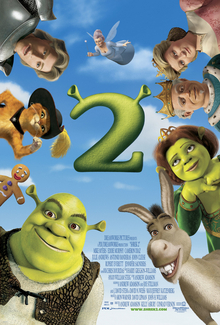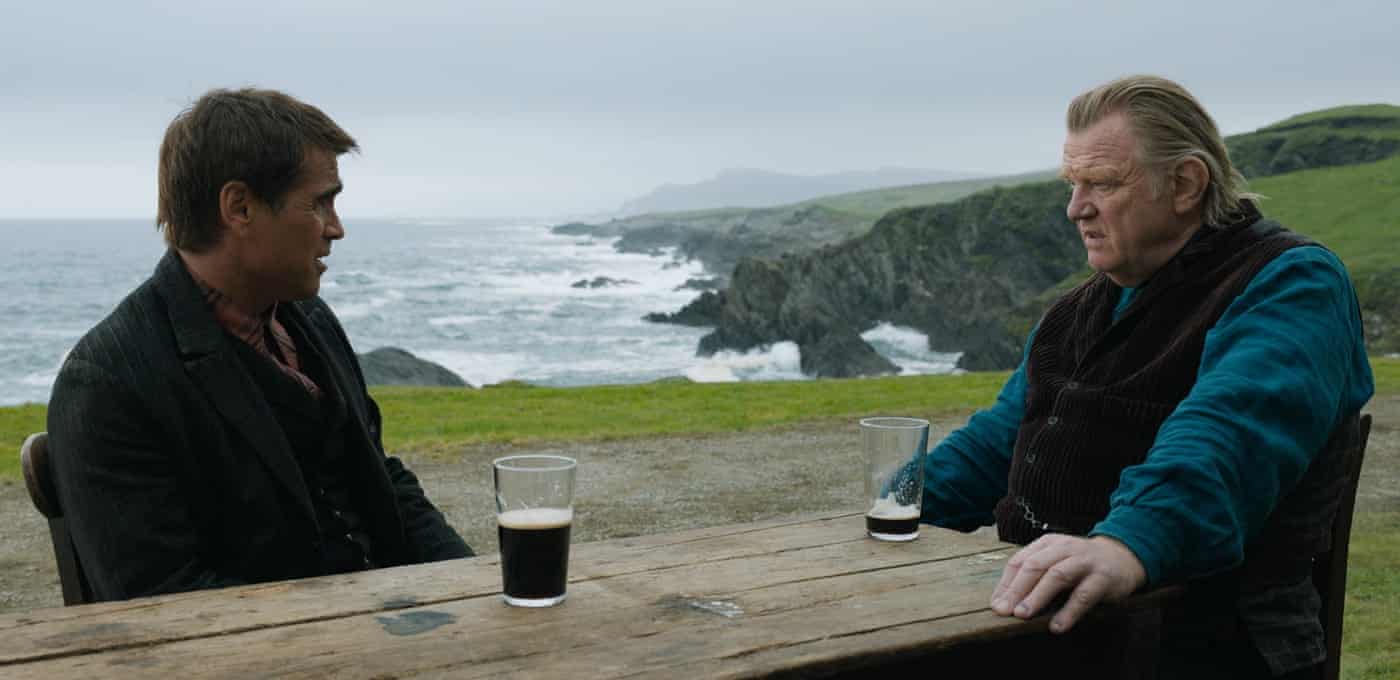 Jeanne Dielman, 23, quai du commerce, 1080 Bruxelles
Jeanne Dielman, 23, quai du commerce, 1080 Bruxelles
Jeanne Dielman (Delphine Seyrig) is a widow who lives in an apartment with her teenage son (Jan Decorte) and supports herself in part through sex work. The film follows Jeanne through three consecutive days her her life as small fractures begin to appear in Jeanne's carefully regimented daily routines and rituals.
This was a rewatch, of course inspired by the Sight and Sound list, but also instigated by surprise that I didn't write up a review of this film when I watched it the first time.
If possible, this one was even better a second time around. While the film's narrative is, to say the least, minimal, knowing the broader beats of the story meant really being able to sink into the details that populate the film.
Anchoring the film is Seyrig's excellent performance as Jeanne. It's a performance that shows just enough, but matches the film itself in the way that it resists offering any simple insights into Jeanne's state of mind. Sure, we see the way that Jeanne pulls her hand away when one of her clients tries to hold it in a familiar way. But what is going through her mind as she tries (and fails) to soothe the baby she's watching for a neighbor? What is she thinking when the woman at the fabric store tells her that it's not good to just change one button--you have to change them all? Seyrig lets Jeanne rest on the perfect tipping point between poise and rigidity, and her actions between precision and compulsion. As the film goes on, she seems to skew more towards the latter, reaching out a hand to touch the mailbox when she leaves the apartment in an unplanned brief sojourn.
This time around I was very struck by the portrayal of the apartment itself and the way that the film plays with Jeanne's relationship to her space. As the camera is always static, Jeanne often wanders out of frame, giving you time to consider the various structures around her. This is only exacerbated by the detail that Jeanne turns the lights on and off every time she enters or leaves a room. While it may mainly serve to show her frugality, it often put me in mind of those display cases in museums where you push a button to illuminate a diorama. And on a different level, we see how the different spaces of the house match up with certain rituals. It's particularly striking to watch Jeanne take away her son's dirty clothing and then fold his bed away into a couch, essentially erasing him from the apartment until his return from school each day.
I really appreciated the way that the film builds a strong sense of unease, using the combination of what is shown and not shown to push us towards Jeanne's mindset. When, on the third day, Jeanne seems disgusted by a carafe of coffee, I immediately asked, "Wait, did she make the coffee this morning?" I knew we'd seen it on the second day, but did we see it on the third day? Did she not make it, or did we not
see her make it? At times, watching the film gives you that "Did I lock the door?" or "Did I turn off the oven?" sensation. The length of the sequences and the similarities between the three days at times make it hard to remember which actions happened on which day. We get some small taste of the way that even a small deviation in her daily routine can throw Jeanne's whole day off track.
Lastly, the film presents some interesting questions about what it means to perform intimate/familial duties as labor. There are two kinds of intimate labor that Jeanne does in the film: the "free" labor that she performs for her son like making his meals, taking care of his clothing, and giving him money to spend. The other labor that she performs is for others, such as watching her neighbor's baby and, of course, her sex work. Jeanne is notably emotionally detached through much of the film. Has she always been this way, or is it a way of living that she uses to disconnect from the discomfort of having sex with men she does not love (or even like) and caring for an infant that isn't her own? While she is paid for her sex work, we see the men take liberties, such as holding her hand and, later, refusing to get off of her when she tries to push him away. The line between Jeanne as a person and Jeanne as a product is constantly being blurred. Her rituals provide a scaffold for her, but such a rigid way of living is punishing when things get off track.
I thought that the film's runtime would be a bit painful with the novelty of a first viewing out of the way, but if anything I was more engrossed this time and I was shocked at how fast the whole thing flew by. There are so many little details, little gestures to pick out. The most mundane thing that she does is layered with meaning, whether that's cleaning out the bathtub, reaching (inexplicably?) for her top pocket, or smoothing out the bedding on her bed.
I felt so in sync with the film this time around. Even as Jeanne and her motivations or emotions were hidden or ambiguous at times, there was an innate logic to everything that happened that made everything that went wrong for Jeanne feel at once avoidable and inevitable.










 Check out my podcast:
Check out my podcast: 

